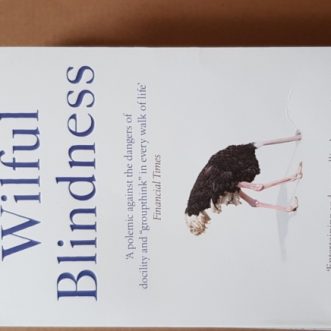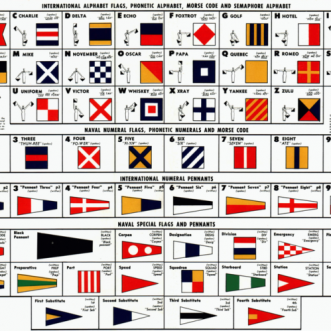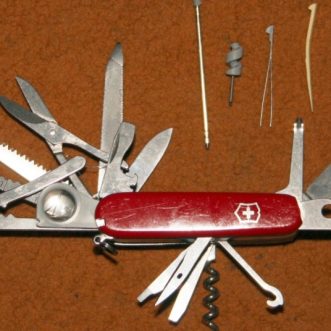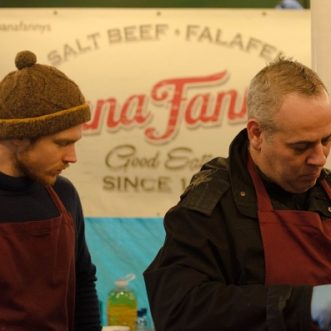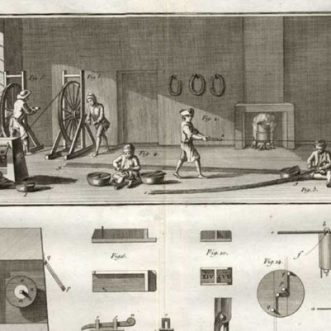
My workflow problem
I’ve long had a problem with ‘workflow’. It’s taken me a while, but I think I’ve finally worked out why.
Workflow is the application of a pin factory model to service businesses, to professions. It breaks a process into tiny, individually repetitive steps that can be done faster and faster over time, making the whole process more efficient.
This is great for pins, and was a leap forward when Adam Smith wrote about it in 1776. Back then, “See a pin, pick it up, then all day you’ll have good luck.” made sense. A pin was valuable. You were lucky to find one for free.
Nowadays, we don’t have a shortage of pins, or of other simple things that can be efficiently made using the factory method. We have made enough garments to clothe the next 4 generations of the entire human race.
We do have a shortage of what’s needed to thrive in the face of enormous and challenging complexities: empathy, creativity, imagination, judgement and flair.
You can’t make any of those in a pin factory.
